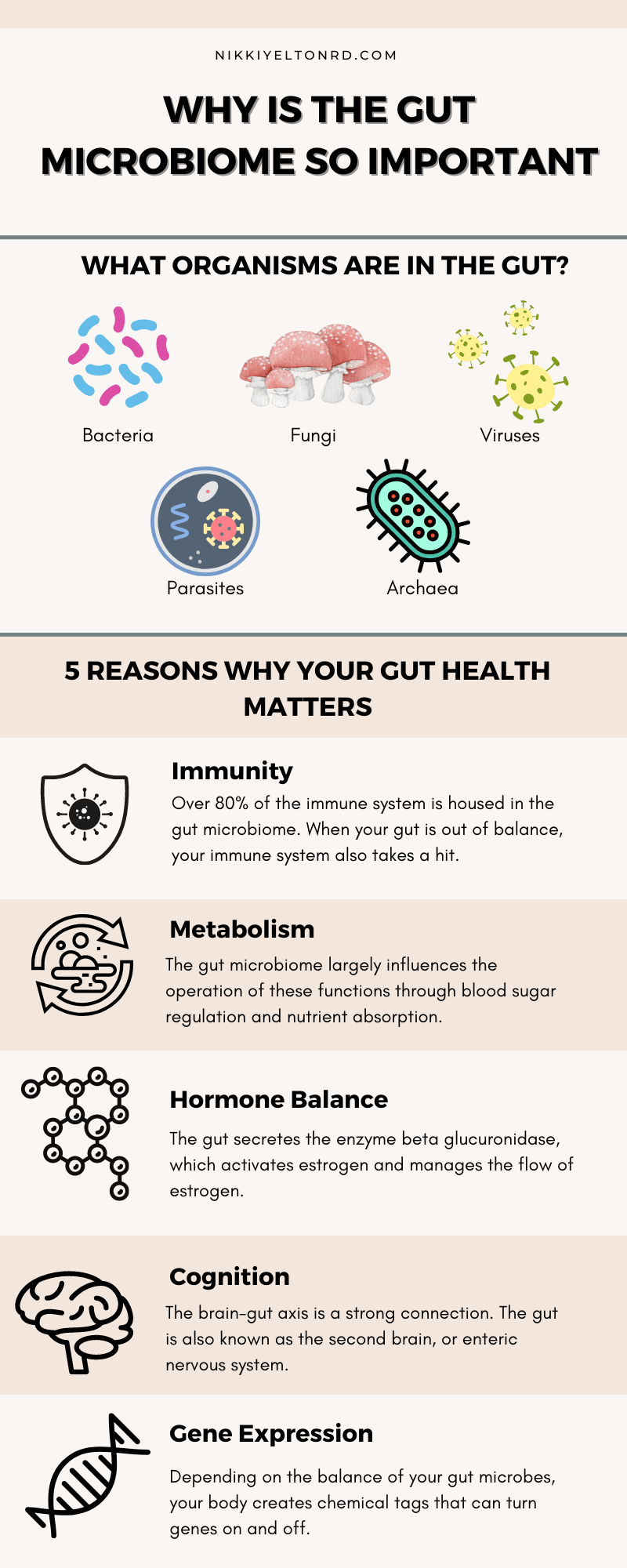Why is it that sometimes your gut feels out of balance, uncomfortable, or just not right? Many individuals today raise questions about gut health and its impact on overall well-being. Understanding why your gut health suffers can unlock the answers to many of your health concerns.
What is Gut Health?
You might wonder what exactly is meant by gut health. Essentially, it refers to the balance and function of bacteria in the many parts of your gastrointestinal tract. From the mouth to the intestines, good gut health ensures that everything is working harmoniously.
A healthy gut allows your body to effectively process food, absorb nutrients, and eliminate waste with ease. It’s not just about digestion, though; your gut also plays a significant role in your immune system and even impacts your mood and mental health.
The Importance of Gut Health
When you maintain a healthy gut, your body performs at its best. Your gut helps in breaking down the food you eat, absorbing nutrients, and keeping harmful microorganisms at bay. Disturbances in gut health can lead to a slew of issues, ranging from minor inconveniences to more serious health problems.
Beyond digestion, a healthy gut also contributes to a strong immune response, regulating hormones and even influencing your mood and energy levels. With these functions in mind, it’s clear why keeping your gut in top shape is crucial.
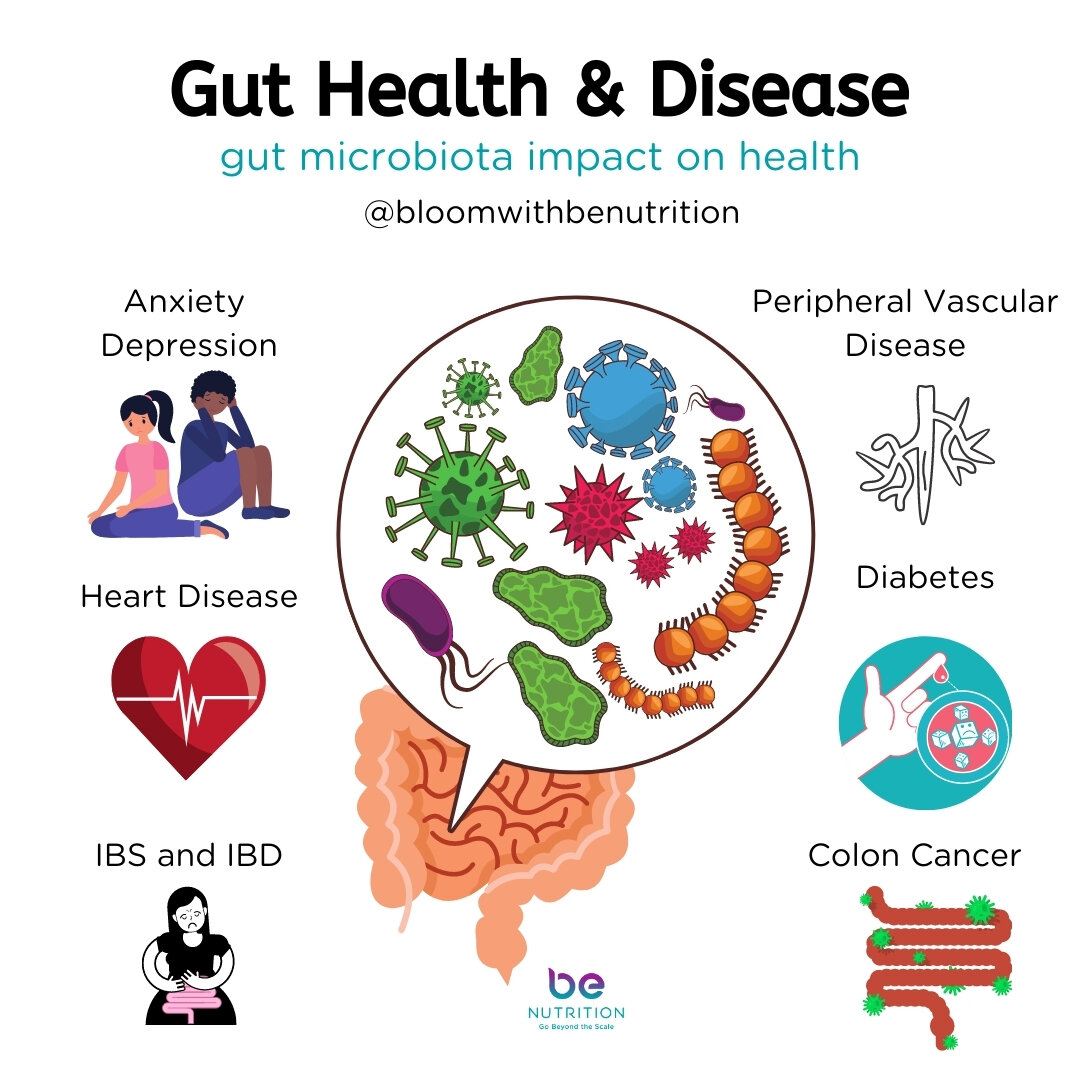
Habits That Might Be Hurting Your Gut
Everyday habits often impact your gut health more than you might realize. While some actions enhance your gut’s function, others can cause harm. Here are some habits to watch out for:
Poor Diet Choices
The foods you eat have a direct effect on your gut health. A diet high in processed foods, sugars, and unhealthy fats can encourage the growth of harmful bacteria. On the other hand, consuming a diet rich in fiber, lean proteins, healthy fats, and fermented foods supports a flourishing microbiome.
Lack of Physical Activity
Exercise is as beneficial for your gut as it is for the rest of your body. Regular physical activity can promote a diverse gut microbiome. Sedentary lifestyles, on the contrary, may lead to an imbalance in gut bacteria, influencing digestion and immunity.
Inadequate Sleep
Sleep allows your body to repair and rejuvenate, and it’s essential for maintaining a healthy gut. Poor sleep hygiene or chronic sleep deprivation can disrupt gut microbiota, leading to digestive problems and other health issues.
High Stress Levels
Chronic stress has a detrimental effect on your gut health. Stress can alter gut motility and increase the production of stomach acid, disrupting the balance of bacteria in your gut. Finding effective ways to manage stress can benefit your gut health significantly.
Common Symptoms of Poor Gut Health
If you’ve been experiencing a range of uncomfortable symptoms, your gut might be the culprit.
Digestive Issues
Symptoms like bloating, gas, diarrhea, constipation, and heartburn are common indicators of an unhappy gut. These symptoms often suggest an imbalance or irritation that needs addressing.
Unintended Weight Changes
Unexpected weight loss or gain can sometimes indicate an unhealthy gut. This can result from an impaired ability to absorb nutrients, store fat, and regulate blood sugar.
Fatigue and Sleep Disturbances
An unbalanced gut can contribute to sleep disturbances, leading to chronic fatigue. The hormone serotonin, which affects mood and sleep, is produced in the gut, meaning that a disturbance can impact your sleep patterns and energy levels.
Food Intolerances and Allergies
Food intolerances might arise from difficulty in digesting certain foods due to poor gut health. This is different from a true food allergy, which involves an immune response, but both can cause discomfort after eating.
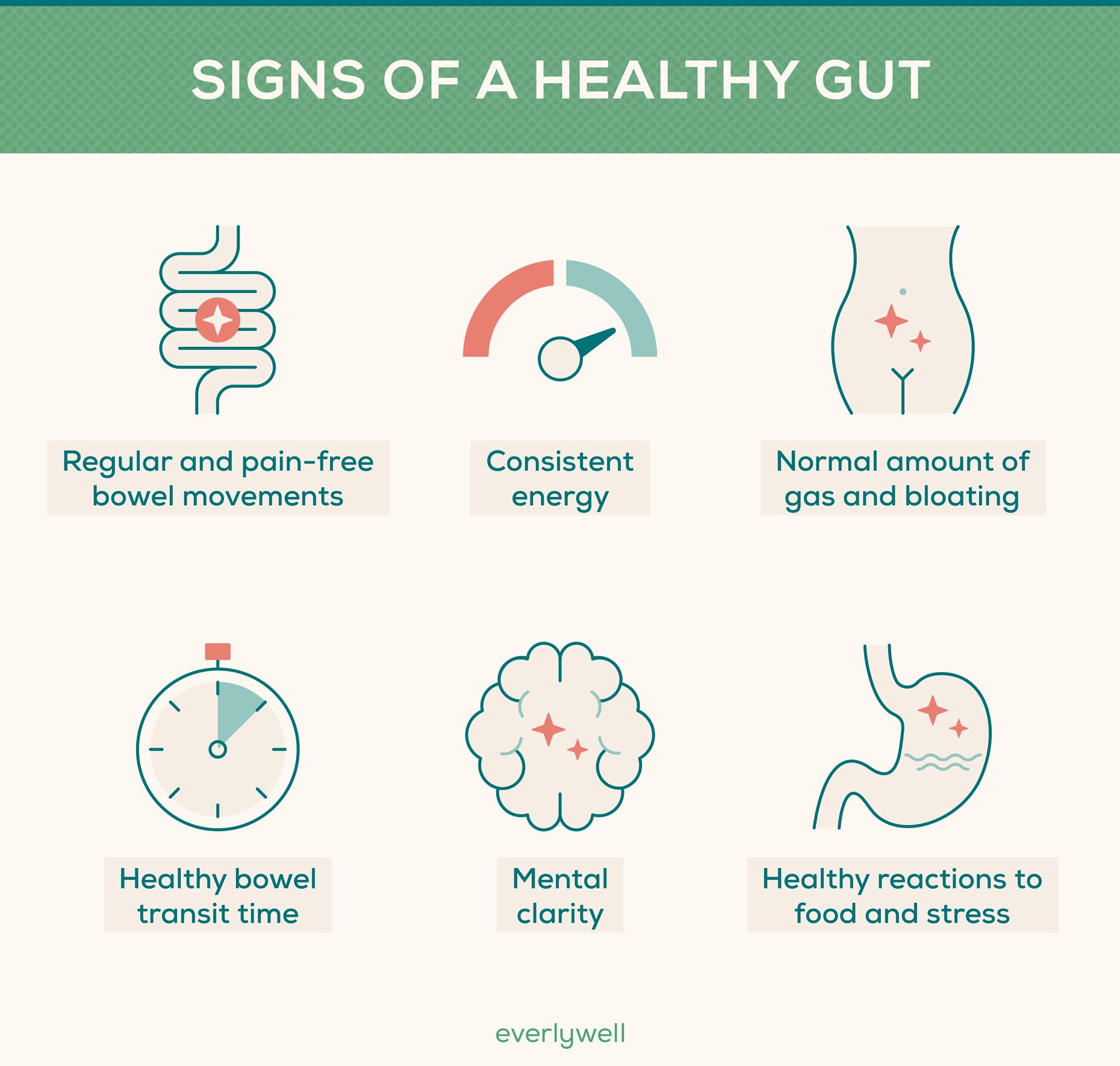
Causes of Poor Gut Health
Understanding what might be causing your gut health to suffer is the first step toward making necessary changes.
Antibiotics and Medications
While antibiotics fight off harmful bacteria, they don’t discriminate, often destroying beneficial bacteria along the way. This results in a disrupted gut balance. Other medications, like nonsteroidal anti-inflammatory drugs (NSAIDs), can also impact gut health negatively.
Diet Lacking in Fiber
Fiber is crucial for nurturing the good bacteria in your gut. A diet low in fiber can lead to an imbalance, as fiber acts as a food source for beneficial bacteria, helping them thrive.
Overconsumption of Alcohol
Excessive alcohol intake can irritate your gut and lead to inflammation, changing the composition and function of your gut microbiome.
Food Sensitivities
Certain foods might not sit well with your gut, even if you’re not allergic to them. These can cause inflammation and discomfort, contributing to gut health issues.
Environmental Toxins
Exposure to chemicals and pollutants can interfere with your gut flora. Pay attention to your environment and try to minimize exposure to harmful substances, which can silently impact your gut health.
Steps to Enhance Your Gut Health
Improving the state of your gut might seem daunting, but several actionable steps can help you reclaim balance.
Prioritize a Balanced Diet
Introduce more whole foods, lean proteins, and healthy fats into your meals. Emphasize fruits, vegetables, beans, and legumes which are high in fiber to support your gut’s ecosystem. Including fermented foods like yogurt and sauerkraut can also boost beneficial bacteria.
Stay Active
Incorporate exercise into your routine, aiming for at least 30 minutes a day. Not only does this improve your overall health, but it specifically aids in promoting a healthy gut microbiome.
Get Enough Sleep
Focus on improving your sleep quality by establishing a regular sleep schedule. Aim for 7-9 hours of good sleep per night to help your gut, and consequently your whole body, recover and maintain optimal function.
Manage Stress Effectively
Identify stressors in your life and find effective coping strategies. Whether through meditation, yoga, or hobbies you enjoy, reducing stress is beneficial for your gut health.
Limit Alcohol and Processed Foods
Cut back on your alcohol intake and processed food consumption. Choose whole, organic foods to avoid unnecessary additives and substances that might harm your gut.
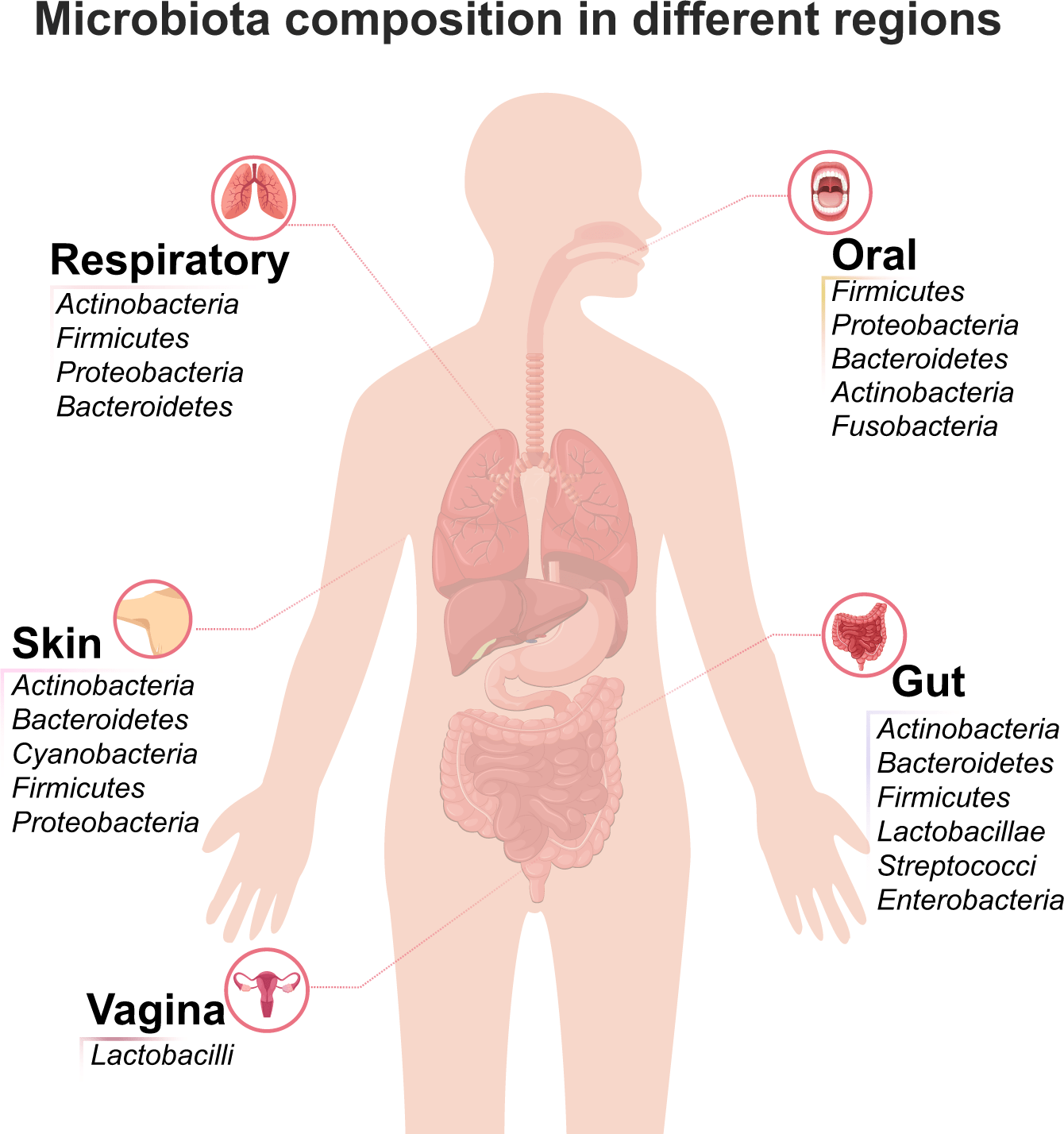
The Role of Probiotics and Prebiotics
Adding probiotics and prebiotics to your diet is an excellent way to nurture your gut.
Understanding Probiotics
Probiotics are live bacteria that offer health benefits when consumed. They help replenish and balance the gut microbiome. Foods like yogurt, kefir, and miso are rich in probiotics, and supplements are also available.
The Power of Prebiotics
Prebiotics are compounds in food that induce the growth or activity of beneficial microorganisms such as bacteria and fungi. Found in foods like garlic, onions, and bananas, they provide food for probiotics to flourish.
Combined Effects
When you incorporate both probiotics and prebiotics into your lifestyle, you create a supportive environment for your gut health to thrive. They work synergistically to enhance gut flora.
Professional Help and Diagnosis
If your gut health still seems off despite changes, seeking professional advice is important.
Consulting a Healthcare Professional
Discuss your symptoms with a doctor or gastroenterologist to identify any underlying issues, ensuring that you receive tailored advice and treatment when necessary.
Diagnostic Tests
Various tests can help determine what’s happening in your gut. These might include stool tests, hydrogen breath tests, or food allergy screenings.
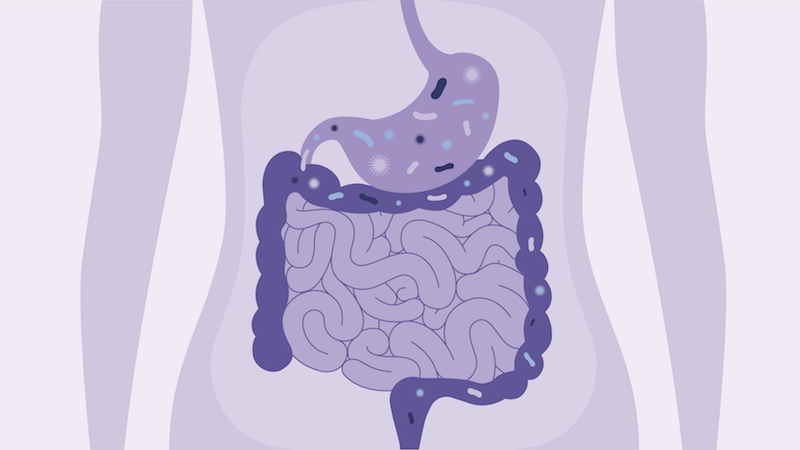
Long-term Gut Health Maintenance
Once you get your gut health on track, maintaining it requires ongoing efforts and lifestyle adjustments.
Consistent Healthy Habits
Stick to a balanced diet, regular exercise, and stress management techniques. Keeping these consistent will ensure long-term gut health and overall well-being.
Regular Monitoring
Regularly evaluate your habits and symptoms. Being mindful and adjusting habits accordingly can prevent lapses in gut health.
Conclusion
Your journey to understanding why your gut health suffers might have answered questions about the daily discomforts faced. By recognizing the impact of habits, diet, and lifestyle, you can take significant steps towards improving and maintaining your gut’s well-being. Keep in mind that while change doesn’t happen overnight, small, consistent efforts can lead to substantial benefits for both your gut and overall health.
